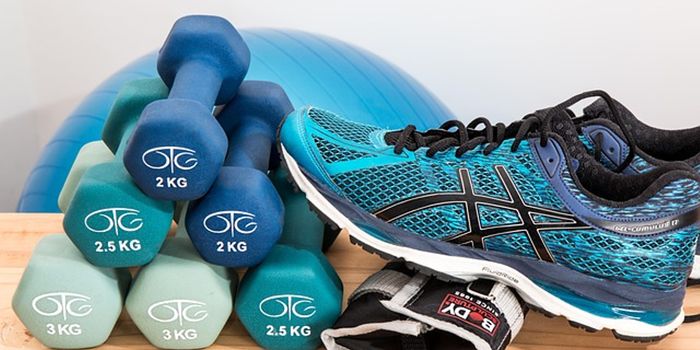Beverages Sweetened with High-fructose Corn Syrup Linked to Reduced Renal Blood Flow
It is well-accepted that beverages with high sugar concentrations—such as high-fructose containing soda- —are not good for our health. According to the Centers for Disease Control and Prevention (CDC), from 2011-2014, 6 out of 10 youth and 5 out of 10 adults drank at least one sugar-sweetened beverage daily. Further evidence that soda and other sugary drinks are bad for our health has been just published by researchers at the University of Buffalo in the American Journal of Renal Physiology.
The study by Christopher L. Chapman and colleagues was two parts, they first tested the hypotheses that the consumption of high-fructose corn syrup sweetened soft drinks enhances vasoconstriction compared with water. The second part of the study sought to determine the underlying mechanisms associated with the observations. The authors found that drinks that contain high-fructose corn syrup may reduce renal blood flow, which can increase the risk of kidney disease. It is already reported that people who regularly consume sugary beverages have a 60% increased risk of kidney disease.
For the first part of the study, tested 13 healthy adults before and 30 min after consuming 500 mL of a decarbonated high-fructose corn syrup-sweetened soft drink or water. In the second part, blood samples were taken from 12 healthy adults before and 30 min after consumption of water or soft drinks that were either artificially sweetened, sucrose-sweetened, or sweetened with high-fructose corn syrup.
In both parts of the study, vascular resistance was calculated as the mean arterial pressure divided by the blood velocity, which was measured by Doppler ultrasound in renal and segmental arteries.
The authors concluded that consuming 500 mL of a commercially available soft drink sweetened with high-fructose corn syrup increased resistance to vascular flow in the kidneys within 30 min. They also found that increases in segmental artery vascular resistance were made worse during a cold pressor test (where the subject’s hand is submerged in an ice-water bath) compared with water consumption.
The authors also found that the changes in blood flow were linked to high-fructose corn syrup and did not show any association with the caffeine content of the beverage. Further, they concluded that the increases in vascular resistance were likely due to the simultaneous rise in serum uric acid and copeptin.
The study concludes:
“Collectively, our findings indicate that high-fructose corn syrup-sweetened soft drink consumption increased renal vasoconstrictor tone at rest and during sympathetic activation.”
Sources: CDC, American Journal of Renal Physiology, Healio.com, Health.com









